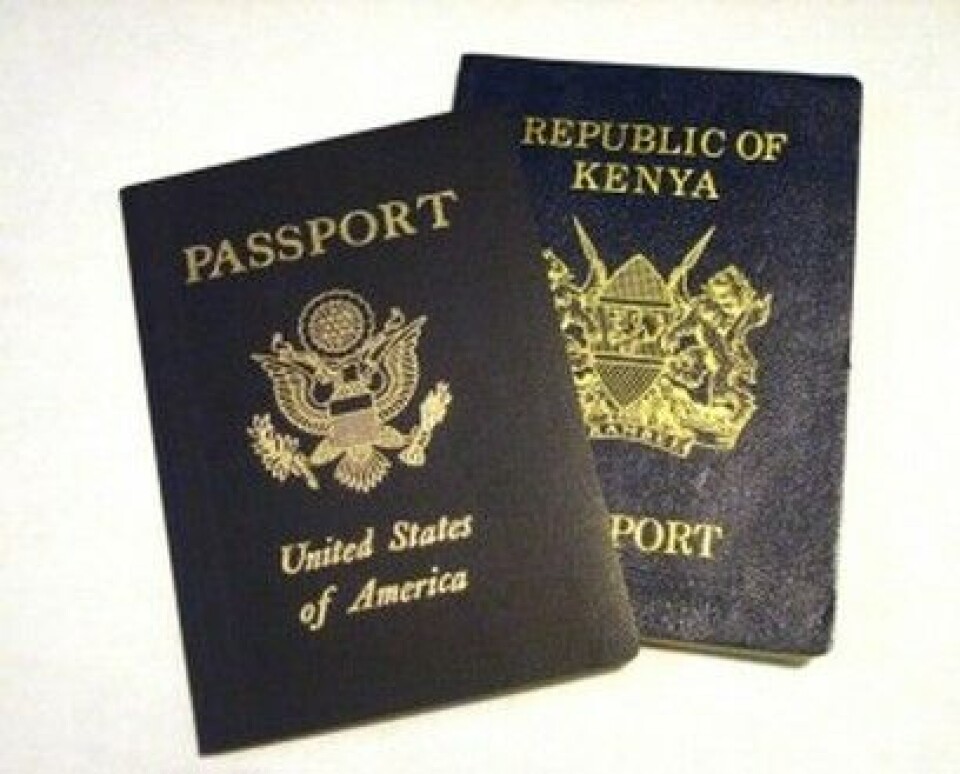Copyright : Re-publication of this article is authorised only in the following circumstances; the writer and Africa Legal are both recognised as the author and the website address www.africa-legal.com and original article link are back linked. Re-publication without both must be preauthorised by contacting editor@africa-legal.com
Win for Kenyan dual citizens

Kenyans with dual citizenship will no longer be punished as though guilty of a criminal offence for failing to disclose the change of their citizenship status, writes Paul Ogemba.
This follows a High Court judgement declaring Section 8(4) of the Kenya Citizenship and Immigration Act as unconstitutional for limiting the right of movement and creating a punishment for Kenyans who fail to notify the government after acquiring citizenship of another country.
“I find that the punishment imposed by the Act for non-disclosure of dual citizenship is unreasonable and unjustifiable on the right of dual citizenship and by extension an unnecessary fetter to security of the person and freedom of movement, hence unconstitutional,” declared Justice Lawrence Mugambi.
Section 8(4) of the Act provides that a dual citizen who fails to disclose the dual citizenship commits an offence and shall be liable, on conviction, to a fine not exceeding five million shillings, or imprisonment for a term not exceeding three years, or both.
Justice Mugambi ruled that the stiff criminal sanction prescribed for non-disclosure of dual citizenship cannot pass the threshold prescribed by Article 24 of the Constitution since it is disproportionate, unreasonable and unjustifiable. He added that the government did not even demonstrate to the court the policy consideration behind fixing such extortionate penalties for omission to disclose a lawfully acquired dual citizenship.
“It is the Constitution that allows a Kenyan-born citizen to acquire citizenship of another country without losing his/her Kenyan citizenship. Parliament cannot legitimise cruel and degrading punishment through legislation for it will not pass the human rights standard on punishment,” the judge ruled.
The petition challenging the Act was filed by Kenyan businessman Humphrey Kariuki who had also acquired citizenship of Cyprus. Kariuki claimed he was summoned by the Director of Criminal Investigations who threatened to prosecute him for a criminal offence for failing to disclose his dual citizenship. According to the petitioner, the criminal sanctions amounted to a violation of human dignity since the Act did not provide any consideration of other less restrictive means of punishment for non-disclosure of dual citizenship.
Justice Mugambi noted that from a human rights point of view, and considering the stigmatisation that comes with criminal conviction, the government should have considered other less restrictive means to enforce the duty to disclose one’s dual citizenship.
“In the absence of any justification provided by the government, the Court is unable to satisfy itself that the choice of heavy criminal sanction as an enforcement machinery for the legal duty to disclose dual citizenship was based on reasonable assessment of all the relevant facts,” said Mugambi.
He added that things are made worse by the fact that the offence created by Section 8(4) of the Act does not even require any proof of mental culpability, since it is a strict liability offence which violates a person’s dignity and freedom of movement.
The judge said it was the government’s duty to demonstrate that there were no less restrictive means to enforce the duty to disclose one’s dual citizenship, but since no such evidence of administrative interventions was tendered, the court had to nullify the provision.
To join Africa Legal's mailing list please click here
